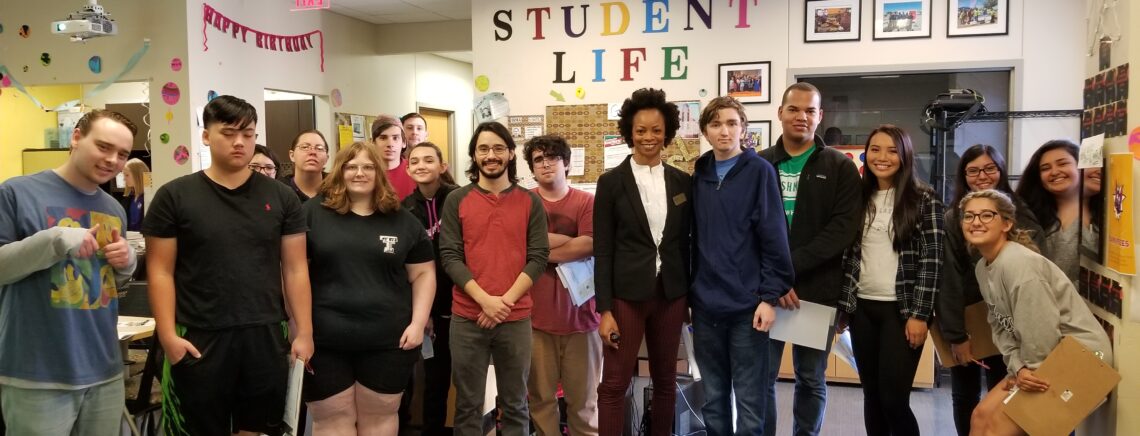Being financially successful isn’t about having a huge paycheck. It’s about how you control the money you have, including the money you earn and the money you spend.ACC’s Student Money Management Office is here to help you take control of your money. Check out our tools, attend or request a workshop, or ask us your personal finance questions.
Back to Top

